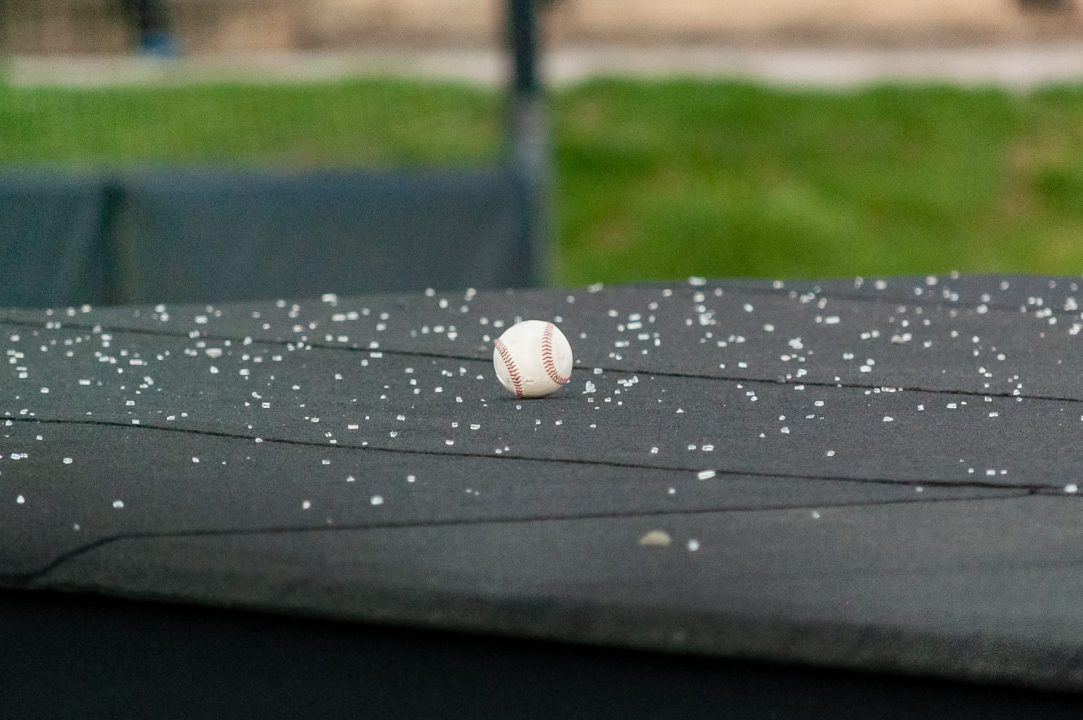It is not hidden at all that eSports culture is popular on UMBC’s campus, particularly amongst fans of the game League of Legends. However, the UMBC eSports community is not comprised of just fans or casual players, it is also home to some of the best players and coaches collegiately and in the world.
Possibly the most famous of UMBC alumni in the eSports scene is Maria Creveling, who was the first professional female player in the LOL Championship Series for the team Renegades, before having to leave due to personal reasons.
There is also former student Shazeb Khan, who graduated from UMBC last year while playing the game, Counter Strike: Go, professionally. Khan, who spent time playing for the team Cloud 9, one of the best professional eSports teams, frequently had to reschedule exams due to travel commitments.
The Retrievers are even currently being represented at the LOL World Championship by former student and member of swimming & diving, Alexander Haibel, who is the coach of the Brazilian team INTZ.
UMBC is currently ranked as the seventh best collegiate team in the nation. Additionally, UMBC features a team, UMBC Squad, currently ranked 11th in North American 5v5 Challenger tier teams, meaning outside of LOL’s professional league, they could be considered the 11th best team in North America. “They are only getting better,” said Amol Bhatia, a senior chemical engineering and math double major.
“Last year, we had to drop out due to some problems we were having,” said Bhatia. “We were one of the top teams last year, but this year we will be even better with the coaches and analysts we have helping us out.”
Bhatia says he has been playing LOL for about five years and was the main competitive program at UMBC, while serving as the main team’s coach. He also has professional experience working as an analyst for professional teams Counter Logic Gaming and Renegades. In addition to coaching UMBC’s own Challenger team, he’s coached others as well.
There has been minor controversy among sports fans since the rise of eSports began, with many people believing it is not a true sport, despite recent coverage by esteemed sports sections from news outlets across the country and even ESPN. Bhatia said even though it does not feature traditional aspects of other sports, it still requires the same amount work, effort and support as other sports.
Bhatia employs several coaches, analysts and psychological coaches to aid in improving his team. He requires at least 30 hours of play time a week, with nine hours coming from the team playing in scrimmages, and 21 on their own online against others, which Bhatia said they typically log in more hours than that. They are also required to meet twice a week as team for live reviews, where they go over past matches.
According to Bhatia, the biggest problem the organization currently faces is the lack of support and recognition on campus. The organization receives some funding from SGA, but the bulk of their funding comes from Bhatia himself, who has put up thousands of his own dollars to help this program reach its potential.
“It’s very hard for us to become an athletic sport, it’s not very useful,” said Bhatia. “Then we have to pay dues, so being a club sport would actually be pretty detrimental to us. Sticking to being a club and getting funding from SGA for events which we can use for fundraisers is what we decided was best for us, but it is also still a problem of receiving recognition, especially since some do not consider it a real sport.”
As Bhatia prepares to graduate, he hopes the club receives the recognition it deserves from the student body, particularly when it comes to funding, since he will no longer be around to help support.
The organization is not just for the university’s competitive team and LOL players though. They have also focused on other games like Hearthstone in the past and serves as a meeting ground for all eSports fans, both competitive and casual players, to help improve their play and enjoy it as a community.
